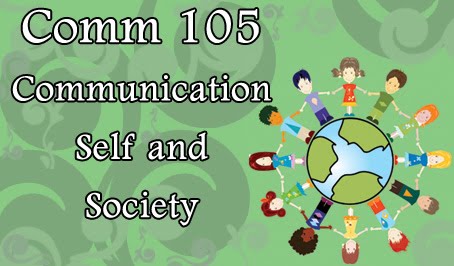"Our survival as social beings depends in large part on our interpersonal communication skills"
Interpersonal Communication theory is one of my favorite aspects of communication studies. When I was at school in the Midwest (for merely a semester), we conducted an experiment that went against interpersonal norms. For instance, we got in an elevator and faced the wrong direction to see how people would react. We also had 2 students go into a swanky department store, one dressed in sweats and the other dressed nicely, to see how the store attendants would treat each 'customer'. The results were as you would expect. The elevator riders became very uncomfortable when someone was facing the wrong direction, and the department store associates ignored the student dressed in sweats and offered help to the person dressed nicely.
Interpersonal communication has many facets. Your book covers dyadic communication, managing interpersonal communication, relational development (stages in intimate dyad's) which also includes Duck's Relational Dissolution Model (quite an interesting section), increasing relational skills (disclosure - always a great topic to study), managing interpersonal conflict, and becoming a more responsible communicator.
This chapter is, by far, one of my favorites in the book. Each of us engages in dyadic communication on a continual basis, and understanding some of these concepts might help to improve those relationships.
Personal Note: You all can probably see my passion when it comes to communication, but there is something special about interpersonal communication that draws me in. These are the weeks I wish that we were able to meet in person. Discussing personal experiences with interpersonal communication, conflict, etc... can really draw a class together.
When I was a graduate student at SJSU a number of years ago, I took Shawn Spano's graduate seminar on interpersonal communication. We studied many theories, covered many topics and shared many personal experiences. One of the major course assignments was about mediation (yet another facet of interpersonal communication). We had to mediate a disagreement between two people, and write a research paper about it. That assignment was one of the most interesting assignments I had completed in graduate school. It really showed the inner workings of a close, intimate relationship between two people, and it helped them to workout some issues they were encountering.
As you can see, interpersonal communication has many different facets. I hope that you all enjoy reading and discussing this week. I can't wait to read your posts and comments.

No comments:
Post a Comment